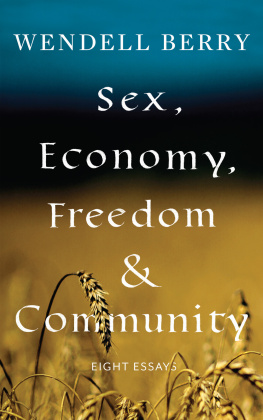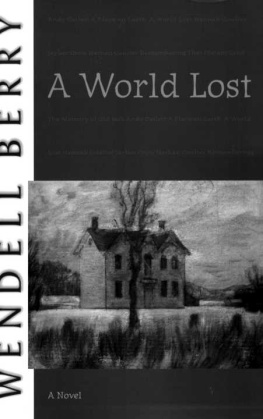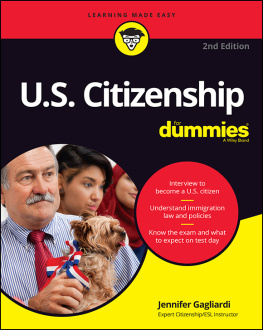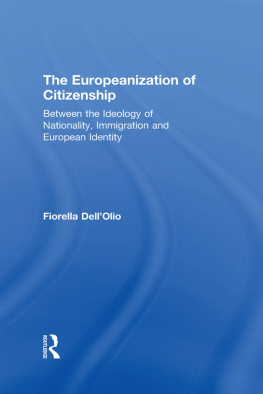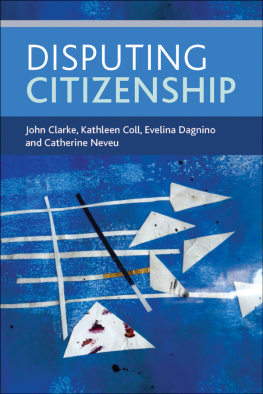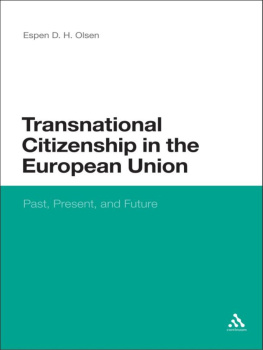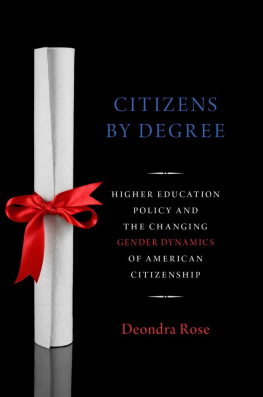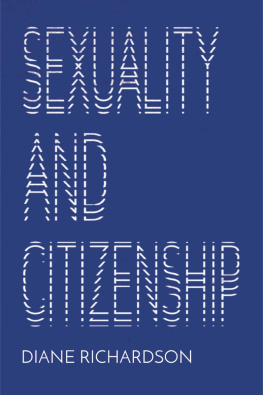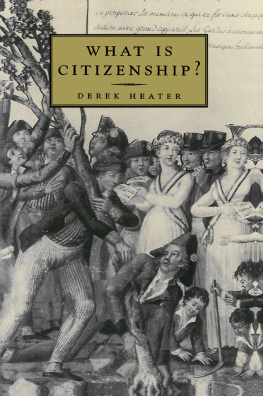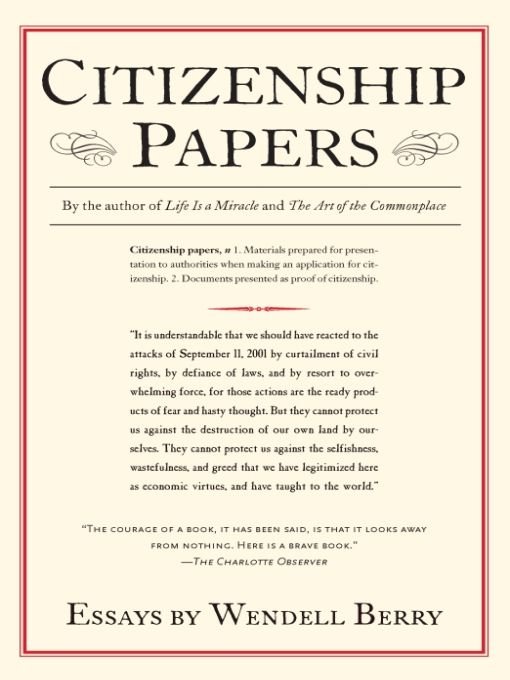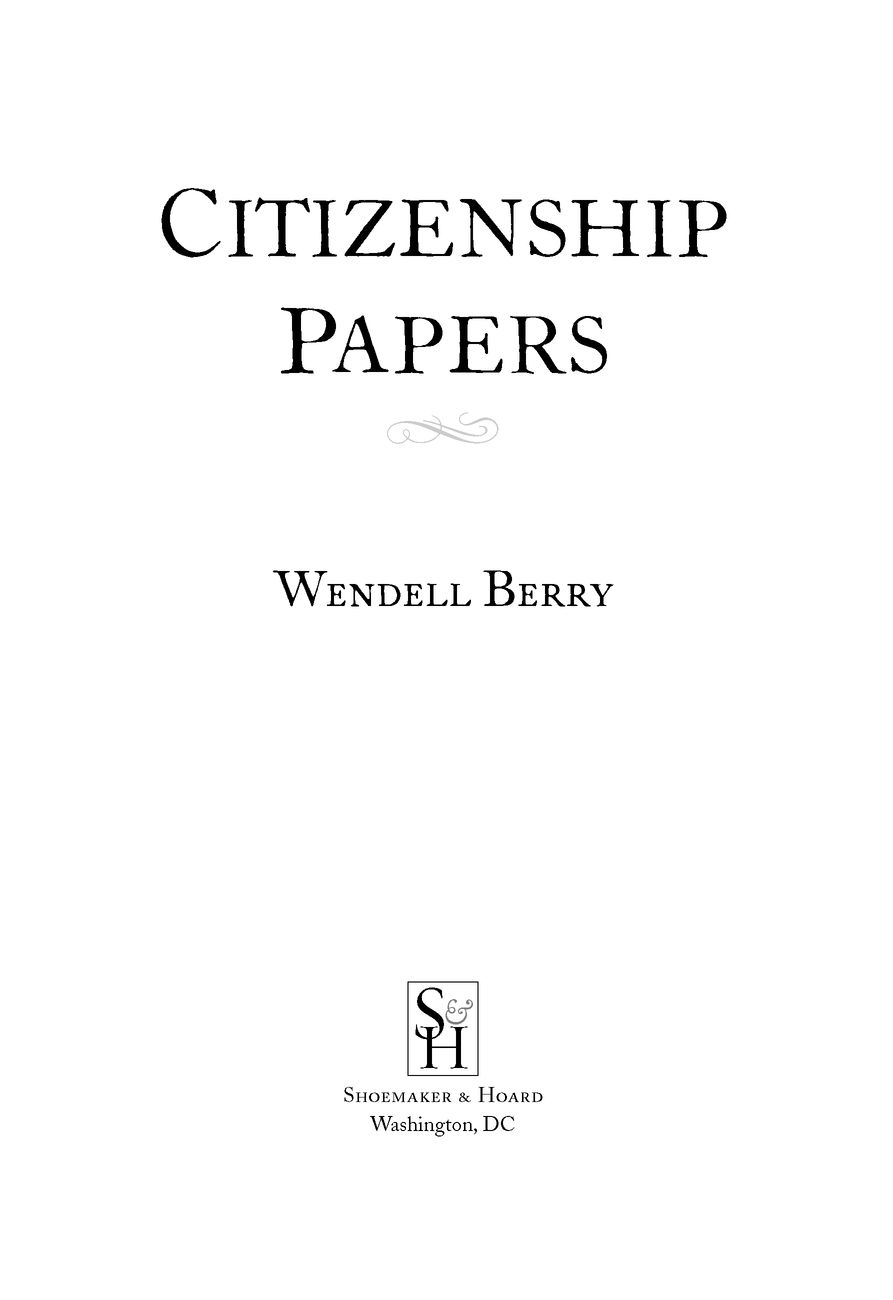Table of Contents
Also by Wendell Berry
FICTION
The Discovery of Kentucky
Fidelity
Jayber Crow
The Memory of Old Jack
Nathan Coulter
A Place on Earth
Remembering
That Distant Land
Three Short Novels
Two More Stories of the
Port William Membership
Watch With Me
The Wild Birds
A World Lost
POETRY
The Broken Ground
Clearing
Collected Poems: 1957-1982
The Country of Marriage
Entries
Farming: A Hand Book
Findings
Openings
A Part
Sabbaths
Sayings and Doings
The Selected Poems
of Wendell Berry (1998)
A Timbered Choir
Traveling at Home (with prose)
The Wheel
ESSAYS
Another Turn of the Crank
The Art of the Commonplace
A Continuous Harmony
The Gift of Good Land
Harlan Hubbard: Life and Work
The Hidden Wound
Home Economics
Life Is a Miracle
The Long-Legged House
Recollected Essays: 1965-1980
Sex, Economy, Freedom
and Community
Standing by Words
The Unforeseen Wilderness
The Unsettling of America
What Are People For?
Were it not that I am passionately fond of the contours of my country, I should not be here.
Czanne
And through covetousness shall they with feigned words make merchandise of you ...
II Peter 2:3
I dedicate this volume to the memory of John Adams, Samuel Adams, Josiah Bartlett, Carter Braxton, Charles Carroll, Samuel Chase, Abraham Clark, George Clymer, William Ellery, William Floyd, Benjamin Franklin, Elbridge Gerry, Button Gwinnett, Lyman Hall, John Hancock, Benjamin Harrison, John Hart, Joseph Hewes, Thomas Heyward, Jr., William Hooper, Stephen Hopkins, Francis Hopkinson, Samuel Huntington, Thomas Jefferson, Francis Lightfoot Lee, Richard Henry Lee, Francis Lewis, Philip Livingston, Thomas Lynch, Jr., Thomas McKean, Arthur Middleton, Lewis Morris, Robert Morris, John Morton, Thomas Nelson, Jr., William Paca, Robert Treat Paine, John Penn, George Read, Caesar Rodney, George Ross, Benjamin Rush, Edward Rutledge, Roger Sherman, James Smith, Richard Stockton, Thomas Stone, George Taylor, Matthew Thornton, George Walton, William Whipple, William Williams, James Wilson, John Witherspoon, Oliver Wolcott, and George Wythe.
A Citizens Response to The National Security Strategy of the United States of America
The constituent parts of a state are obliged to hold their public faith with eachother, and with all those who derive any serious interest under their engagements,as much as the whole state is bound to keep its faith with separate communities.Otherwise competence and power would soon be confounded, and no law be leftbut the will of a prevailing force.
Edmund Burke, On the Revolution in France
America! America!
God mend thine every flaw,
Confirm thy soul in self control,
Thy liberty in law.
Katharine Lee Bates, America the Beautiful
To seek for peace by way of war is the same as to seek for chastity by way of fornication.
Anonymous theologian of the first century
I.
THE NEW National Security Strategy published by the White House in September 2002, if carried out, would amount to a radical revision of the political character of our nation. This document was conceived in reaction to the terrorist attacks of September 11, 2001. Its central and most significant statement is this:
While the United States will constantly strive to enlist the support of the international community, we will not hesitate to act alone, if necessary, to exercise our right of self-defense by acting preemptively against such terrorists ...
A democratic citizen, properly uneasy, must deal here first of all with the question, Who is this we? It is not the we of the Declaration of Independence, which referred to a small group of signatories bound by the conviction that governments [derive] their just powers from the consent of the governed. And it is not the we of the Constitution, which refers to the people [my emphasis] of the United States.
Because of what is implied by the commitment to act alone and preemptively, this we of the new strategy can refer only to the president. It is a royal we. A head of state, preparing to act alone in starting a preemptive war, will need to justify his intention by secret information, and will need to plan in secret and execute his plan without forewarning. A preemptive attack widely known and discussed, as in a democratic polity, would risk being preempted by a preemptive attack by the other side. The idea of a government acting alone in preemptive war is inherently undemocratic, for it does not require or even permit the president to obtain the consent of the governed. As a policy, this new strategy depends on the acquiescence of a public kept fearful and ignorant, subject to manipulation by the executive power, and on the compliance of an intimidated and office-dependent legislature. Even within the narrow logic of warfare, there is a substantial difference between a defensive action, for which the reason would be publicly known, and a preemptive or aggressive action, for which the reason would be known only by a few at the center of power. The responsibilities of the president obviously are not mine, and so I hesitate to doubt absolutely the necessity of governmental secrecy. But I feel no hesitation in saying that to the extent that a government is secret, it cannot be democratic or its people free. By this new doctrine, the president alone may start a war against any nation at any time, and with no more forewarning than preceded the Japanese attack on Pearl Harbor.
Would-be participating citizens of a democratic nation, unwilling to have their consent coerced or taken for granted, therefore have no choice but to remove themselves from the illegitimate constraints of this we in as immediate and public a way as possible.
But as this document and its supporters insist, we have now entered a new era when acts of war may be carried out not only by nations and rogue nations, but also by individuals using weapons of mass destruction, and this requires us to give up some measure of freedom in return for some increase of security. The lives of every one of us may at any time be in jeopardy.
Even so, we need to ask: What does real security require of us? What does true patriotism require of us? What does freedom require of us?
The alleged justification for this new strategy is the recent emergence in the United States of international terrorism. But why the events of September 11, 2001, horrifying as they were, should have called for a radical new investiture of power in the executive branch is not clear.





